Feeling refreshed – Dr. Banville
Introduction
Reminisce on your pre-teens years when your biggest concerns were the content of your lunchbox, what your friends were doing after school or getting your hands on the newest video game system. Were you concerned about your health at the time? Who most influenced your understanding of health and wellness? Do you think that you were properly educated on what it meant to be healthy and how to get there? Learning healthy habits from a young age can have a substantial impact on developing healthy behaviors to promote higher levels of achievement and satisfaction across the lifespan. It is important for influential people such as parents, school teachers and coaches to understand how their students and athletes learn and perceive these concepts. Many studies use quantitative measures to identify associations with healthy behavior and achievement. However, this leaves out a large piece of the puzzle: the voice of the students. Student perspectives are critical to truly understand their preferences, values, and mindset. Researchers interviewed 50 nine and ten-year-old New-Zealand students to learn about their perspectives on the role of healthy behaviors in their well-being and school success Four categories were used to report their thoughts.
Opportunities to be active
Being physically active is a choice with plenty of opportunities arising throughout the day. Do you remember the last time you were faced with the decision of the stairs or the elevator? Which did you choose? Students are faced with this kind of decision before, during, and after school. Before school, many students were within walking or biking distance. Although some did not have a choice but to ride the bus or get dropped off, this study found a high percentage of students to either bike or walk to school. These students found it beneficial not only for the amount of physical activity there were able to accumulate but also for the time it allowed them to socialize with friend and siblings since school structure makes it difficult to do so at times. Some barriers included concerns about the weather as well as not wanting to arrive at school sweaty. Physical education (PE) classes are also a fantastic opportunity to be active in a positive learning environment. Typically, PE is associated with playing sports and engaging in fitness activities but some considerations should be given to students’ perceptions. PE was seen as a structured learning environment with little autonomy whereas organized sports (after-school or extra-curricular) were considered more competitive but where you could choose which sport to play. Fitness was viewed separately from the other types of activity and perceived to involve no skill development and independent of teacher instruction.
The roles of physical activity
Being physically active is clearly beneficial in many ways but can young students make this connection? These findings show that they do indeed! Some students were able to explain the role physical activity played in their life and how critical it was for their well-being. They connected physical activity with attentiveness, focus, relaxation and cognitive performance. On the other hand, not everyone saw physical activity having a positive role in their life. The thoughts of being tired and sweaty made some students reluctant to participate. Along with physical activity, many students were able to associate eating well with increased performance. They were aware of the consequences of the quantity and the quality of the food they consumed and how it impacted their health and performance. Higher levels of energy, increased brain function and overall feelings of well-being all characterized these students’ beliefs toward a balanced healthy diet and how it affects everyday life.
Misconceptions
“But, why?” Have you ever been hit with this question? These students did not fully comprehend health-related topics and how they impacted their life. Some concepts were partially understood, like the relationship between food and overall health (e.g. “eat healthy and you’ll get something out of it”) while others were simply misconceptions. For example, they had a difficult time explaining the benefits of healthy food and physical activity as they relate to brain function. Some were quite creative in explaining how it worked. For example, one student said related to healthy food that the brain needed healthy food to grow or related to physical activity, that the brain needed fresh air to cool the brain off.
Students’ support for health and physical education at their school
Strong support was given by the students to learn health and nutrition concepts at school. They saw an opportunity to reinforce what they learned at home. They saw the impact that learning and applying concepts covered at home and school could have on their overall performance and development. One student even recognized that without the balance between school and home, you would not be able to see the benefits of healthy behaviors. When faced with the idea that some people believe that academics should be emphasized over health and PE, they were appalled! With the variety of reasons provided by the students, it was clear that they were in support of the foundational health and PE learning they receive at school and realized how it impacted their life.
Conclusion
In this study, plenty of opportunities for physical activity were afforded to this group of students and were taken advantage of and valued. These students appreciated the integration of health and physical education as a means of learning and enhancing their lives. Although there were ample opportunities and knowledge provided in terms of physical education and to lesser extent health concepts, these students were not necessarily physically “educated”. Professional development for their teachers could enhance the students’ abilities to comprehend these topics and bring even more value to their health and physical education.
Full Cite of the paper:
Banville, B., Kulinna, P. H., Dyson, B., and Stylianou, M. (2017). Feeling refreshed: Aotearoa/New Zealand students’ perspectives of the role of healthy behaviours in schools. European Physical Education Review, 23 (1), 41-59.https://doi.org/10.1177%2F1356336X15624895

